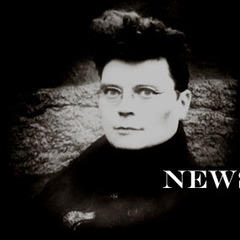Kind Quotes - Page 213
Willis Goth Regier (2010). “Quotology”, p.37, U of Nebraska Press
William Wordsworth (1848). “The Complete Poetical Works of William Wordsworth: Together with a Description of the Country of the Lakes in the North of England”, p.201
William Shakespeare, George Somers Bellamy (1875). “The New Shaksperian Dictionary of Quotations: (With Marginal Classification and Reference.)”, p.191
'The Two Gentlemen Of Verona' (1592-3) act 4, sc. 2, l. 40
I have heard of some kind of men that put quarrels purposely on others, to taste their valor.
William Shakespeare (2016). “The Complete William Shakespeare Collection (Illustrated)”, p.927, Tyché
"Cymbeline. Titus Andronicus. Pericles. King Lear".
'The Merchant of Venice' (1596-8) act 1, sc. 3, l. [179]
William Shakespeare, Jonathan Bate, Eric Rasmussen (2009). “Sonnets and Other Poems”, p.299, Palgrave Macmillan
William Shakespeare (1826). “The Dramatic Works of Shakespeare”, p.72
"Labyrinths of Reason: Paradox, Puzzles, and the Frailty of Knowledge". Book by William Poundstone, 1988.
In the midst of friends, home, and kind parents, she was alone.
William Makepeace Thackeray (2016). “Vanity Fair”, p.190, Tyché
William Makepeace Thackeray (1862). “The adventures of Philip on his way through the world”, p.158
William Law (1848). “A serious call to a devout and holy life. with an intr. essay by D. Young”, p.95
William James, Frederick Burkhardt, Fredson Bowers, Ignas K. Skrupskelis (1982). “Essays in Religion and Morality”, p.121, Harvard University Press







